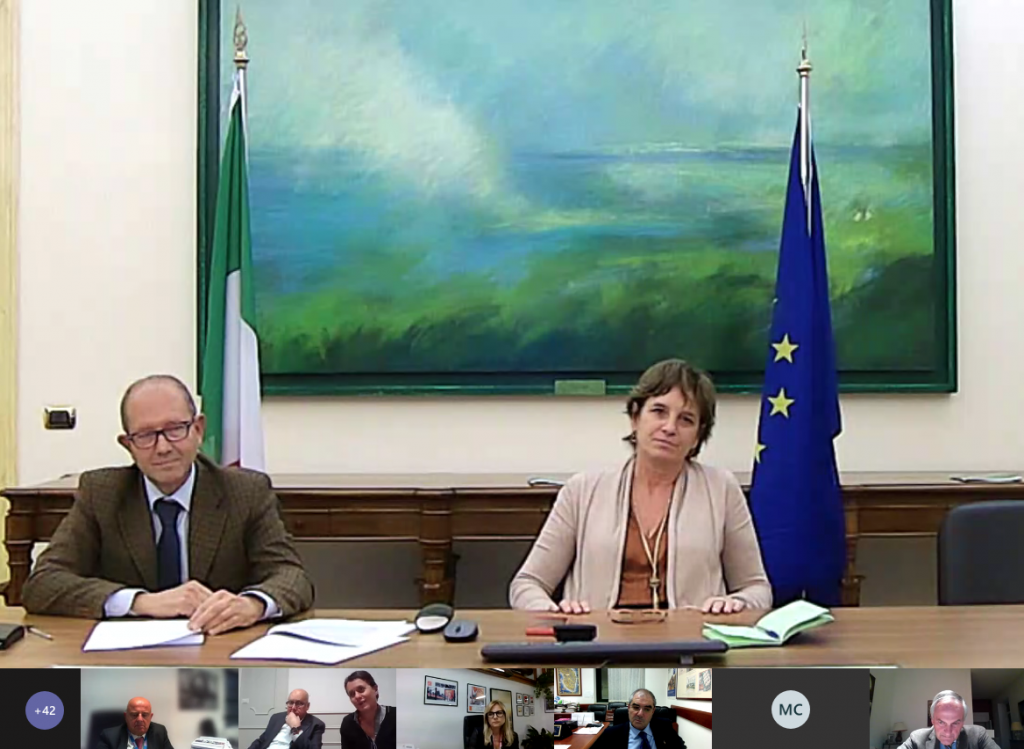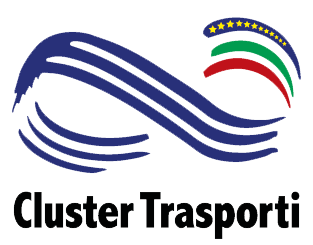Cluster Trasporti presents itself at the MUR: digital meeting with the Minister Messa

Published 5 November 2021
The National Technology Clusters (CTN) has participated in a digital presentation meeting with the Minister of University and Research, Cristina Messa.
The attention was focused on the support and the contribution that the CTNs will be able to provide in the development of the country’s research and innovation policies, also looking at the implementation of the measures contained in the National Recovery and Resilience Plan (PNRR).
“We deal with research in one of the most exciting sectors of this season: the seventh transport revolution – said Ennio Cascetta, president of the Transport Cluster in his speech – It is a phase of disruptive revolution for the entire mobility sector, which will leave irreversible signs both in our society and economy. In this context there are three main active strands: first of all the one of the autonomous and connected vehicles, which includes all means of transport, from cars to trains to ships. Then there is the trend of the decarbonization of traction which sees transport – responsible for 25-30% of CO2 emissions – involved at the forefront of the green transition. Finally, the transformations of smart mobility, which are revolutionizing mobility services that are in reality much more complex and smarter thanks also to big data. All these areas will be managed by Cluster trasporti”.
“The Italian industry has a great historical interest in sectors such as automotive or shipbuilding, but it is not sure that these interests will be preserved in the irreversible transformations underway, so it would be very important to maintain the link between research and industry. The Clusters – concluded Cascetta – are born from the MUR, the imprinting therefore arises from the ministry of research and if this imprinting were strengthened in the PNRR programs, the whole Cluster system could count on a greater force of dialogue with the other ministries and with society as a whole “.
In her speech, Minister Messa underlined the function of the CTN in the mediation between the world of production and that of research. “Clusters have an important role of public-private aggregation in which academia bodies and companies coexist and can collaborate with the government in research policies and in the various sectors in which they operate – said Messa -. The role in the PNRR, in European and national projects is to provide suggestions and advice to the ministry, but also to disseminate and raise awareness of the members. You have adopted a useful model to mediate between business and university: my hope is that a mechanism of great collaboration and an overall vision on these measures will be triggered in order to maintain a transversal thread ”.
Laura Morgagni, secretary general of the National Cluster Smart Communities Tech, coordinated the work as spokesperson for the National Clusters, presenting the contributions of the CTN system to the PNRR and to the next programming.


